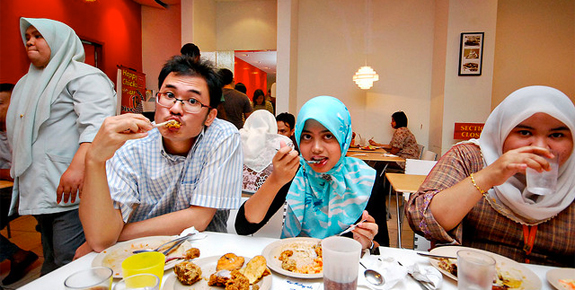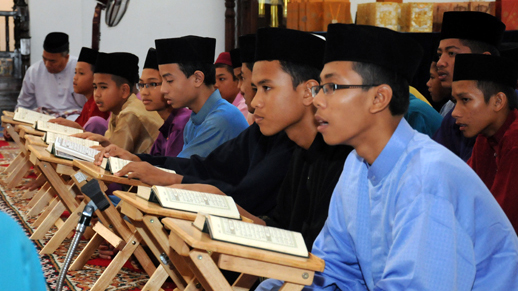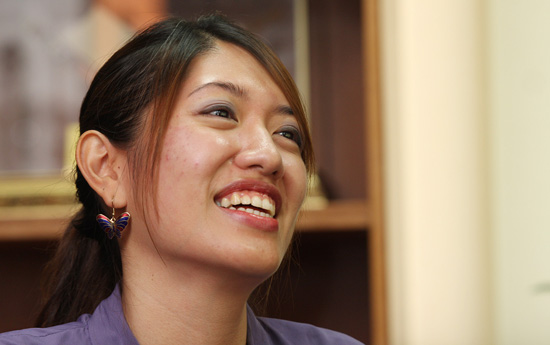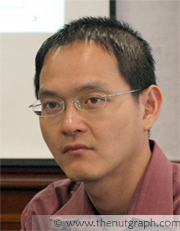By Zefry Dahalan - Free Malaysia Today,
TELUK INTAN: Deputy Prime Minister Muhyiddin Yassin today was accused of putting on an act when he ordered the setting up of a task force to investigate allegations that a school principal had made racial slurs against her students.
Teluk Intan MP M Manogaran slammed Muhyiddin for being hypocritcal and double-faced about the whole affair.
In the incident on Aug 12, SMK Tunku Abdul Rahman Putra principal Siti Inshah Mansor allegedly uttered offensive remarks against non-Malay Muslim pupils during the launching of the school's national day celebrations.
Siti Inshah was reported to have said that "Chinese students should go back to China" and likened Indian students to "dogs".
Muhyiddin, who is also Education Minister, ordered the setting up of the task force to be headed by ministry's deputy secretary-general (management) Rosli Mohamed.
Said Manogoran: “He (Muhyiddin) is merely play acting. He should know that the Biro Tata Negara (BTN or National Civics Bureau) emphasises racial hatred in its training modules.”
"Doesn't he know that principals, headmasters, teachers and civil servants sent to BTN for so-called self-motivational courses are indoctrinated to hate other races?”
"Principals or teachers should use common sense and be sensitive about other races. But I blame the government for this kind of incident.
"Where are we heading if the government stirs up racial sentiments with the Malays through BTN courses?”
Manogaran also said it was common to see Indians or Chinese being treated rudely when they deal with government departments.
He added that the BTN courses conducted by the Umno-BN government are merely aimed at making Malays hate non-Malays.
He said he doesn't have any confidence that Muhyiddin, the State Education Department or Public Service Department will take action against the principal.
"The most they will do is tranfer her to another school or give her a warning. This is just to appease the disgruntled parents,” he added.










